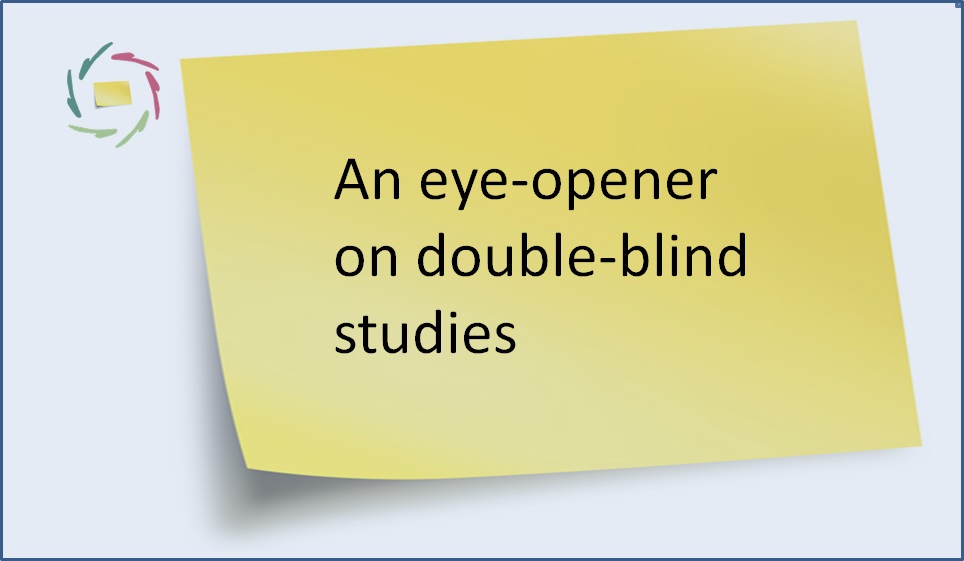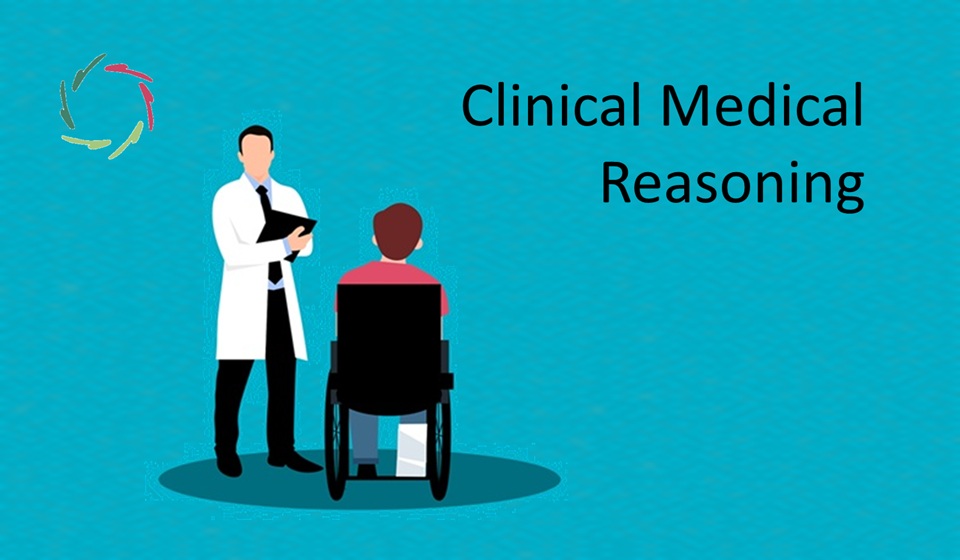7. An eye-opener on double-blind studies

The core of present-day scientific medicine is more and more boiling down to ‘evidence based medicine’ (EBM). The essence of EBM is double-blind studies: comparing a new supposedly-active substance to placebo whereby both prescriber(s) and patients are ignorant (‘blind’) in regard to whether they get placebo or the ‘active’ substance.
◊◊◊
Nice.
◊◊◊
Everything (really: everything in this matter) stands or falls with whether blind is blind. If it is, then so much the better. If it isn’t, then present-day scientific medicine is still at a low level of science and should evolve from this with extreme urgency.
◊◊◊
So: is blind very blind? I don’t think so.
◊◊◊
The point is that a placebo doesn’t work through conscious expectation. As a matter of fact, it doesn’t work through a conscious whatsoever. If a placebo for instance lowers the blood pressure, it’s not because you consciously lower your BP. Purely consciously, you’re not capable of doing so. Placebo (or better said: your own inner strength in this) works through the subconscious. Therefore the subconscious is what is important in all this.
◊◊◊
So the pertinent question is not whether you are consciously blind, but rather whether you are subconsciously blind. That is a question that has hardly at all entered into scientifically.
◊◊◊
Take the side effects of medication. Does the subconscious register consciously-felt side effects? To me there is no doubt about this. Can it also register not-consciously-felt side effects? Let me ask it like this: why shouldn’t it? One can be certain that the subconscious registers any bodily change. Therefore also the slightest side-effect of medication.
◊◊◊
Since medication (the ‘active substance’ in double-blind studies) always has lots of side effects, while a pure placebo has as good as none, to the subconscious at least the difference is always clear. This is: at this very important level, there is little or no double-blindness at all. Let me repeat this.
◊◊◊
There is little or no double-blindness at all!
◊◊◊
The same argument can be made not only for the side-effects, but also for the meant effect. This makes it even worse!
◊◊◊
Conclusion: a double-blind study compares an active substance, potentially having lots of placebo-activity, to a placebo with relatively little placebo-activity. While such a study is supposed to lead to a subtraction of placebo-activity, quite the reverse happens in reality. Scientists are beginning to become aware of this problem. All too slowly.
◊◊◊
As said, this is the essence of the core of present-day scientific medicine.
◊◊◊


